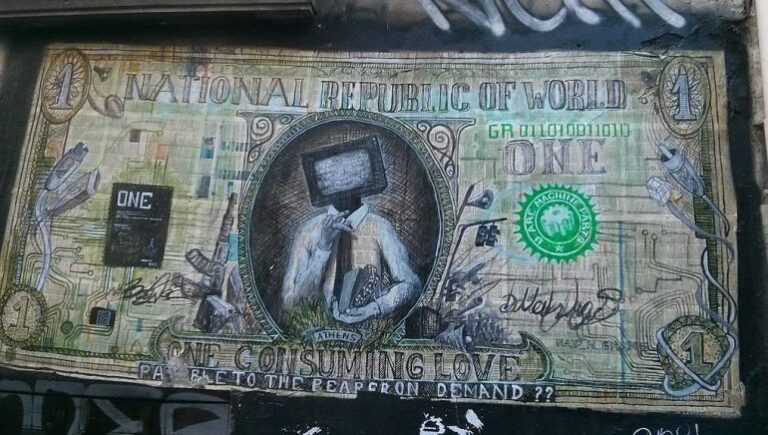The Best Short Story I Read in a Lit Mag This Week: “Cafe con Leche” by Joanna Lynne Ponce
There are as many names for the sun as there are languages; it might be tempting to believe that each of those names, then, means the same thing. Joanna Lynne Ponce’s story “Café con Leche” (Clackamas Literary Review XIX) exposes how critical language can be in giving definition to an object, or a person.
The protagonist Emma, we learn, grew up in a household where language was controversial subject. Her grandmother didn’t want any of her relatives “speaking the language of the gabachos in her house” (English) while her mother refused to speak Spanish to Emma and her siblings all growing up.
As a result, Emma never became fluent in Spanish, but the names of objects in Spanish took on a more powerful meaning. When having breakfast at her grandmother’s house, they had café con leche, which was “really just a little coffee in a deep mug of hot foamy milk.” Just is the key word: for Emma, the descriptions of the drink in English can’t capture the reality the Spanish name evokes. Notice how Ponce reveals this in a description of Emma’s Spanish teacher.
“La Maestra came from Colombia, and the way she said Co-lom-bi-a, said it with those Spanish Os so round and perfect, well, you could get swallowed up in one of those gigantic Os, get swallowed up and be lost for good.”
Ponce has set it up so that when Emma, now a bank teller, is approached by her boss to learn Spanish in order to better serve the bank’s Spanish speaking clientele, we know that there’s much more at stake for her than just learning a language. Her boss is unwittingly asking Emma to reenter an entire world she’d left behind years ago, and for good reason. After taking the first Spanish class, that night she dreams about being Emma Castillo at age twelve.
“Only I was never Emma when I was twelve. I was Edward, named for a father who didn’t stay around long enough to know me…I was a target for all the Pachucos and Bloods up and down East Fourteenth Street. So, I learned how to run when I should have been learning to speak Spanish so that twenty years later I’d be able to hold onto my bank teller position.”
For Emma, the Spanish language—the words, the sound of it, feel of it— evokes not just a perspective, but a name and an identity she fled years ago. So the big question Ponce has built towards, as the story nears its close, is whether Emma will be able to reconcile her adult self with the childhood self she left behind. In the end, Ponce gives us a peek at what the future holds—through language. Emma calls her mother, something she hasn’t done in years, and her mother doesn’t refer to her as Edward, but Emma. Then watch how Ponce reveals the shift in Emma’s mother:
“What I hear is the very thin accent in her voice. Something she has let slip back in after all these years, now that she is older, maybe even too tired to care who might hear, an accent now over the phone as Mejicana as my dead Abuelita.”
Through “Café con Leche,” Ponce explores how immensely powerful language is. It doesn’t just describe a reality, it evokes it, reveals it, and transforms it, from which language we use, to which words, all the way down to the smallest hint of accents. Language is the way in which we understand the world. It’s the way in which we understand ourselves.

